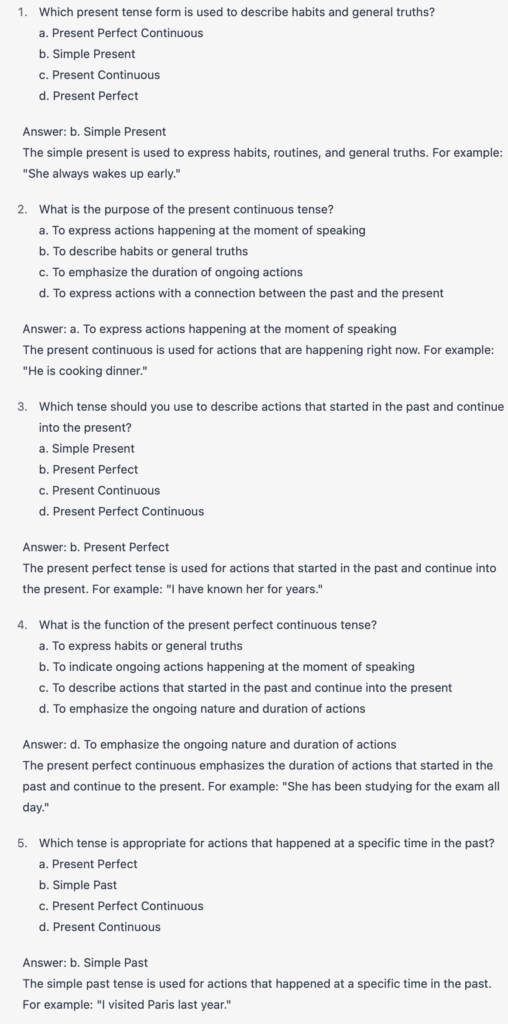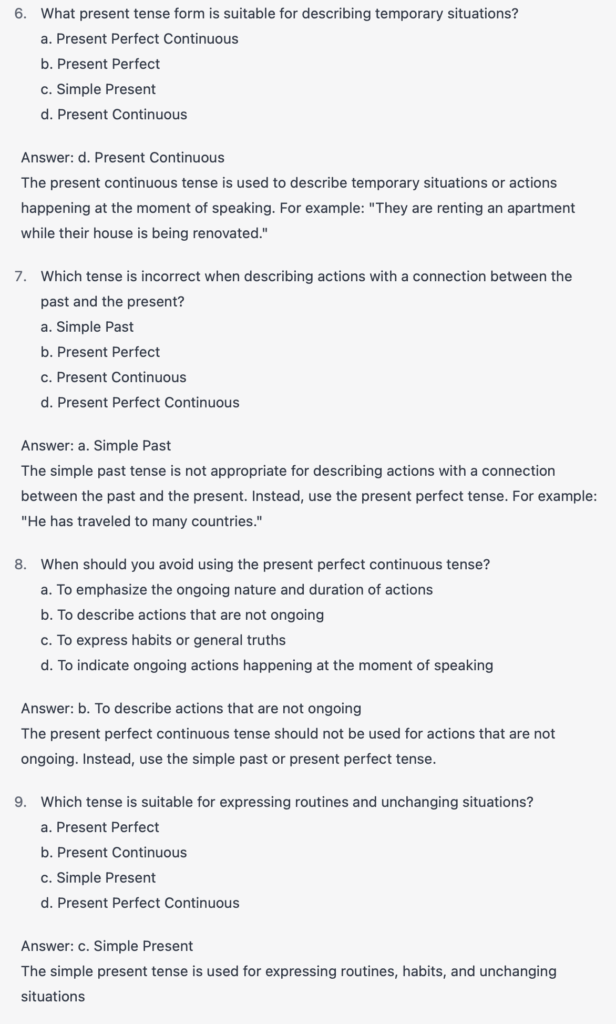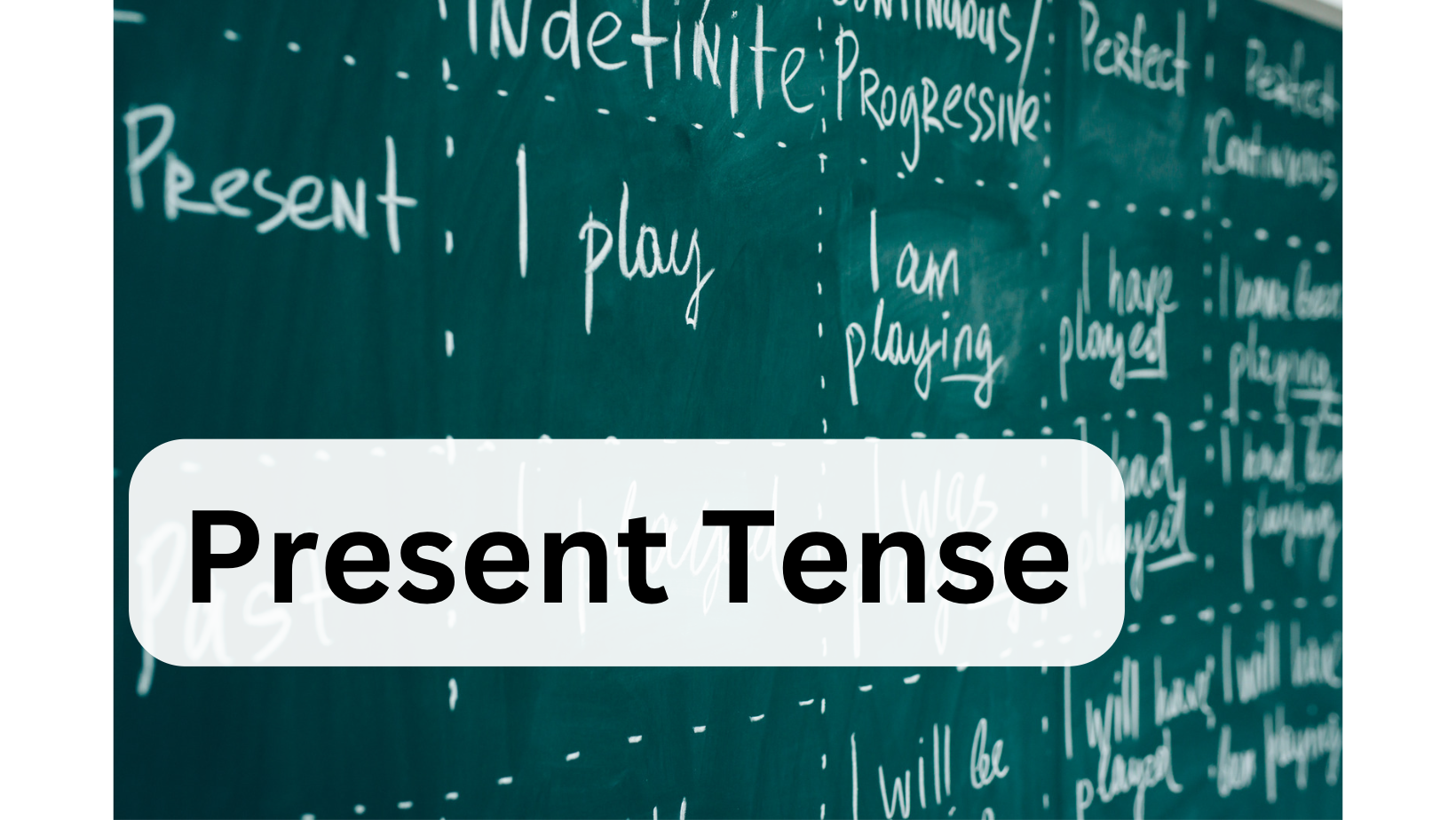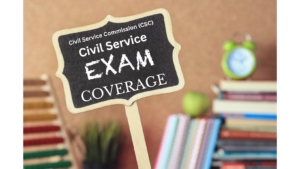Mastering the Present Tense of Verbs: A Comprehensive Guide
The present tense of verbs is essential for clear and effective communication. This article offers a thorough exploration of the present tense, its forms, usage, examples, and dos and don’ts.
Forms of the Present Tense
The present tense has four primary forms, each serving a specific purpose:
- Simple Present: Used to express habits, general truths, or unchanging situations. Example: She walks to school every day.
- Present Continuous: Indicates ongoing actions or temporary situations happening at the moment of speaking. Example: They are studying for their exams right now.
- Present Perfect: Describes actions that started in the past and continue into the present or have just been completed. Example: He has lived in Paris for three years.
- Present Perfect Continuous: Emphasizes the ongoing nature and duration of actions that started in the past and continue to the present. Example: She has been working on the project since Monday.
Dos and Don’ts for Using the Present Tense
To use the present tense effectively, follow these guidelines:
Do:
- Use the simple present for routines, habits, and general truths.
- Example: The sun rises in the east.
- Apply the present continuous for actions happening at the moment of speaking.
- Example: I am reading an interesting book.
- Choose the present perfect for actions with a connection between the past and the present.
- Example: They have visited the museum several times.
- Opt for the present perfect continuous to emphasize the duration of ongoing actions.
- Example: We have been waiting for the bus for 20 minutes.
Don’t:
- Avoid using the simple present for ongoing actions.
- Incorrect: She reads a book right now.
- Correct: She is reading a book right now.
- Refrain from using the present continuous for habits or general truths.
- Incorrect: She is always losing her keys.
- Correct: She always loses her keys.
- Don’t use the present perfect for actions that happened at a specific time in the past.
- Incorrect: I have seen that movie last week.
- Correct: I saw that movie last week.
- Avoid using the present perfect continuous for actions that are not ongoing.
- Incorrect: They have been visiting the museum yesterday.
- Correct: They visited the museum yesterday.
Enhance Your Communication with the Present Tense
Mastering the present tense of verbs enables you to express yourself clearly and accurately. By understanding the various forms and adhering to the dos and don’ts, you will significantly improve your communication skills. For more language tips and insights, follow and like us on Facebook. Here are some questions.





